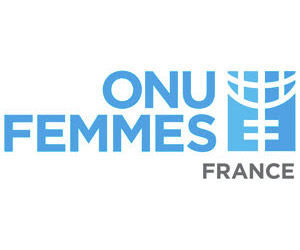Anna Lisa Natali Murri
Italian, lives in Bologna, Italy
Edition 2018 - Finalist
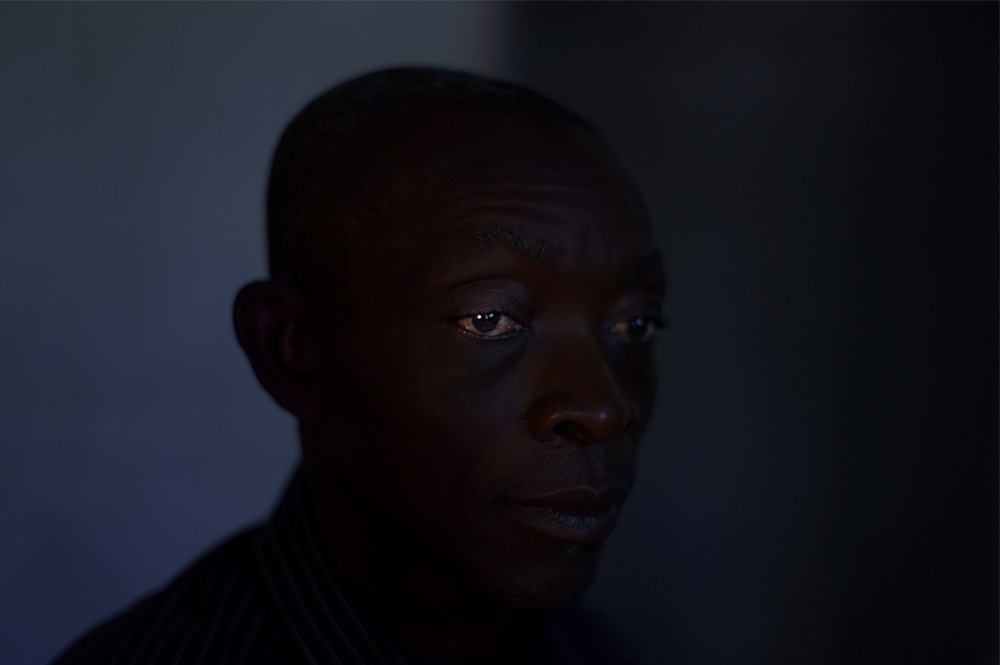
Annalisa Natali Murri – Artist Statement
Murri’s work as a documentary photographer mainly deals with stories that aren’t simply visually descriptive, avoiding straightforward narratives and neat and sharp representations of reality. Working with an inductive rather than a deductive approach, she aims to create grainy and multiform depictions of reality, suggestions leading the observer to a broader universe of things through the use of an introverted and subtle visual language. The images don’t mean to be just a narrative voice, but rather try to create an intimate dialogue, suggesting questions rather than answers. Using an unconventional documentary syntax, stories and images bring the observer to something hidden, less immediate, but intimately understandable through our own experiences.
The Black Line is a documentary project aimed to visually and emotionally narrate the untold struggle for dignity of Haitian people and the ever-increasing hiatus between the two halves of the island of Hispaniola, divided between Haiti and Dominican Republic, where the stigma of blackness still pervades the everyday life in the country.
Here the plane of the documented reality intertwines inseparably both with the collective and individual memory of one of the most bloody and unknown genocides in the recent history of Central America, creating a visual sequence with continuous references between present and past, personal and shared stories, following- through the use of dark and cold tones- the endless black thread of violence and racial hatred which has been accompanying the history of the Haitian people for centuries.
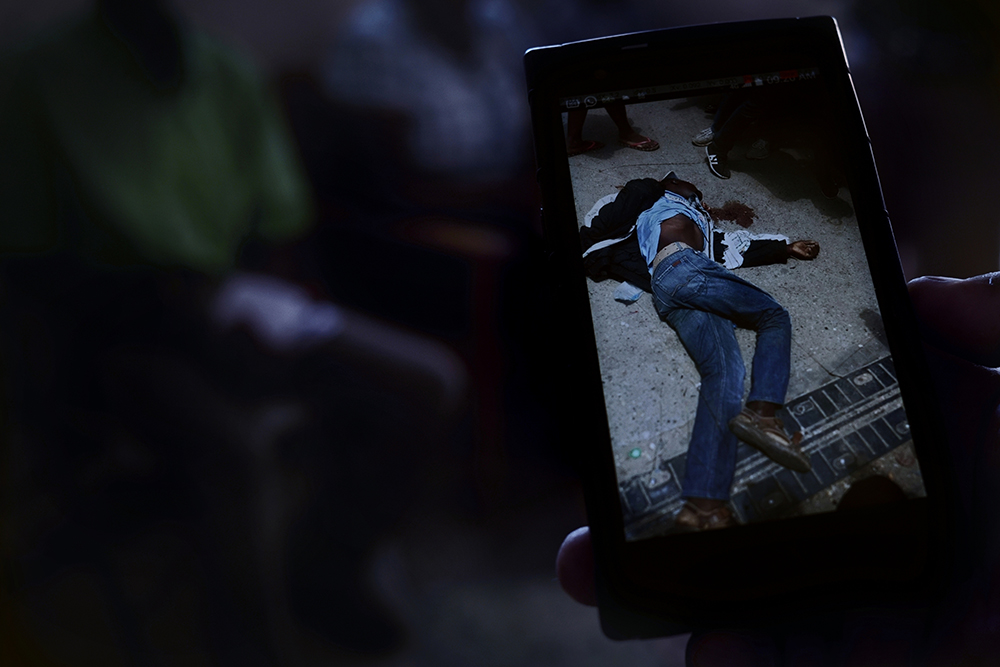
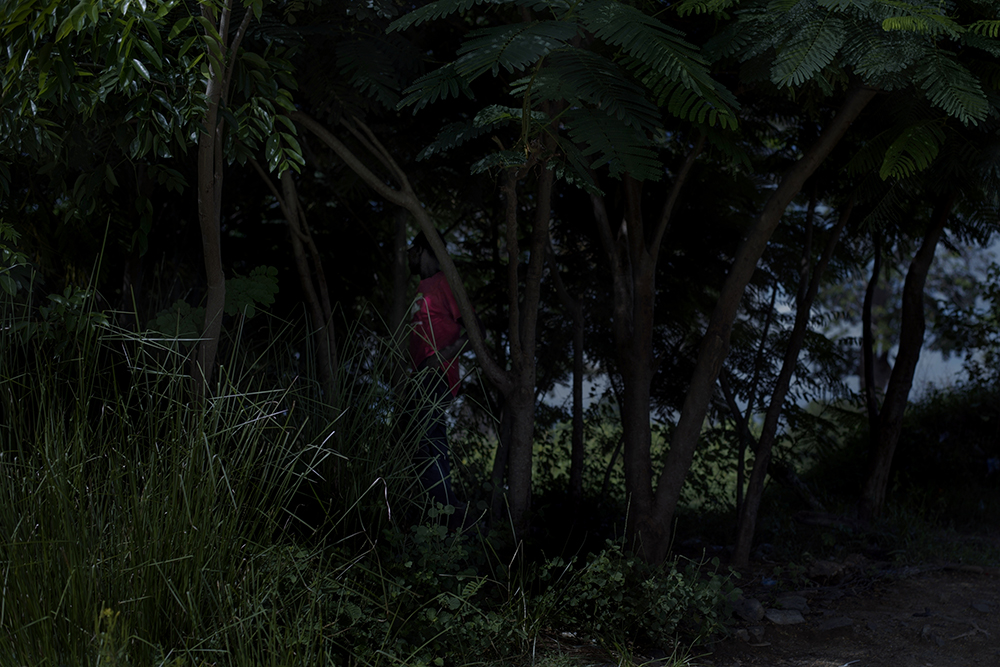
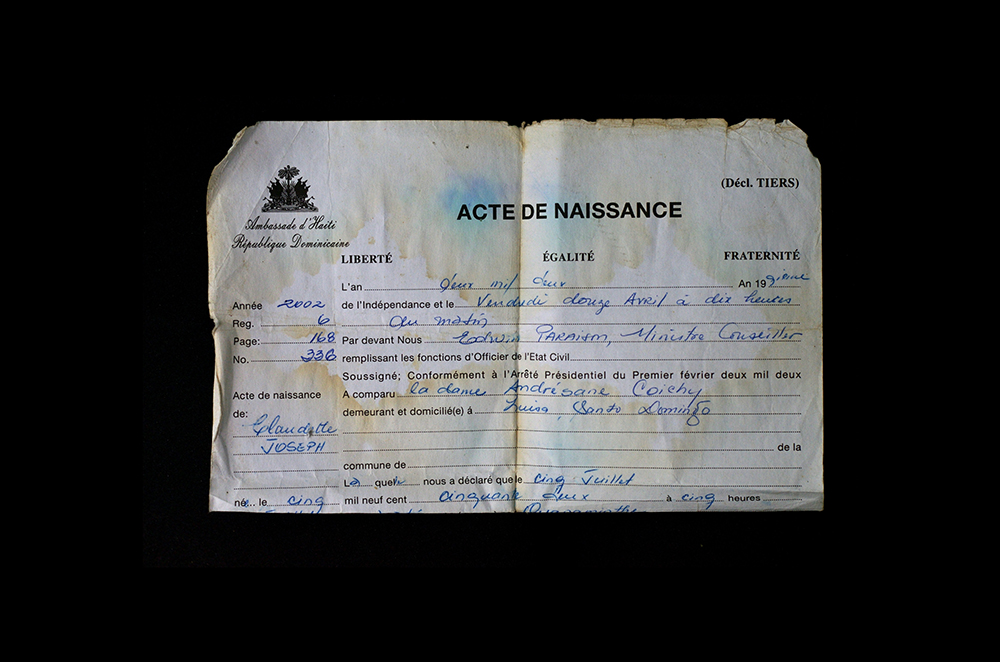
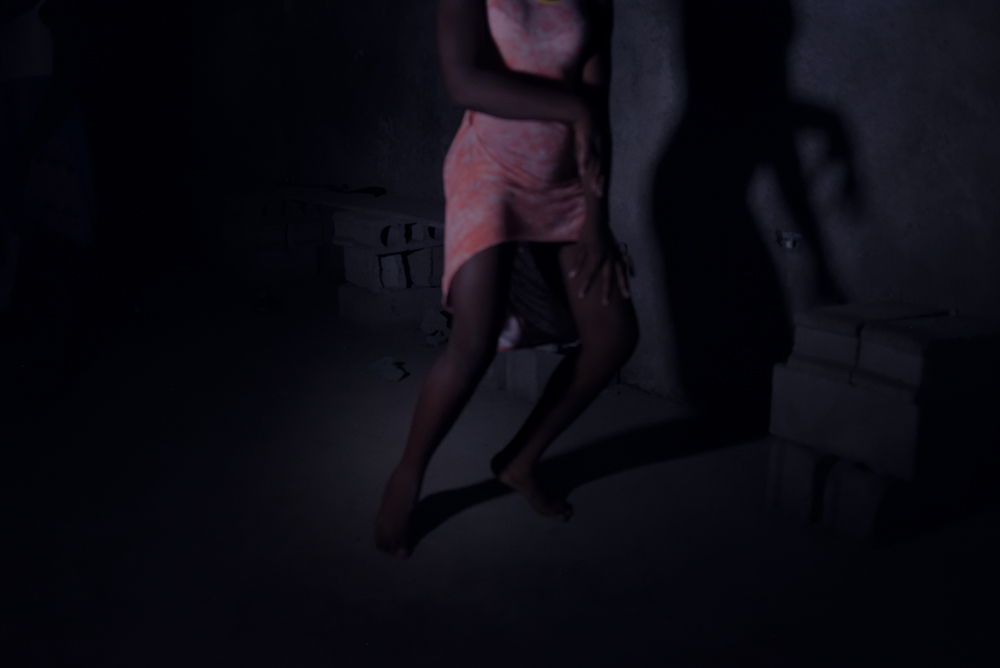
A young girl, daughter of deported Haitian parents, standing in the shadow in the building that OTHR uses as a temporary accommodation for recently repatriated families. Families that cross the border from Dajabon and don’t have any place to go to in Haiti are hosted here for a few days, while the organization tries to find them a permanent house in Village des Oliviers.
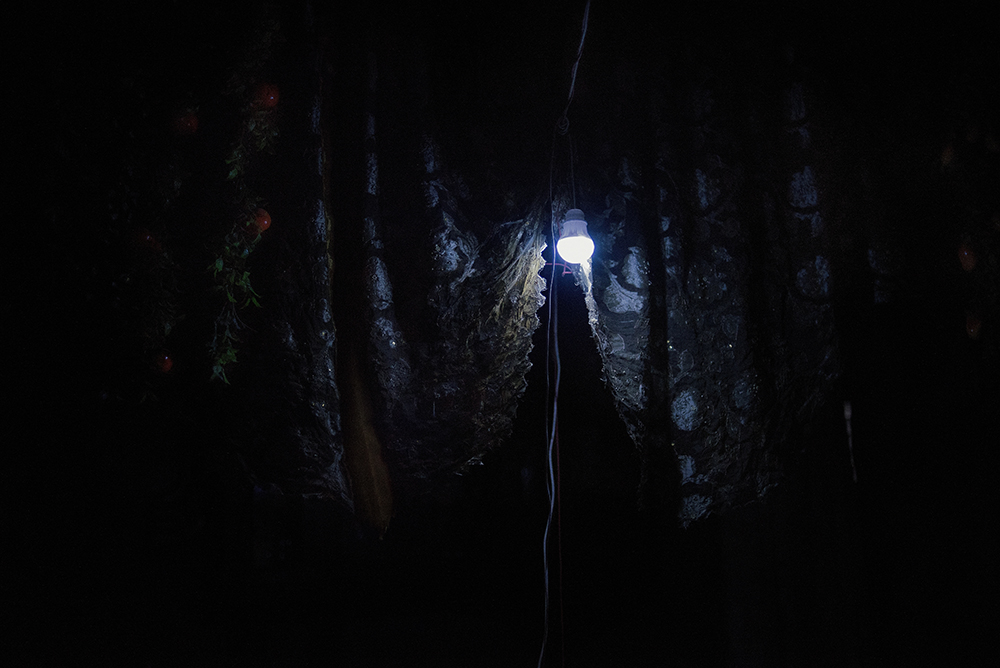
The interior of one of the small houses which accomodate hundreds of families of repatriated Haitians in Village des Oliviers, in the border city of Ouanaminthe. It is estimated that there are about 2000 people living in the area, including both people forcedly deported and those who left DR voluntarily for unbearable harassments, intimidations and racial discrimination.
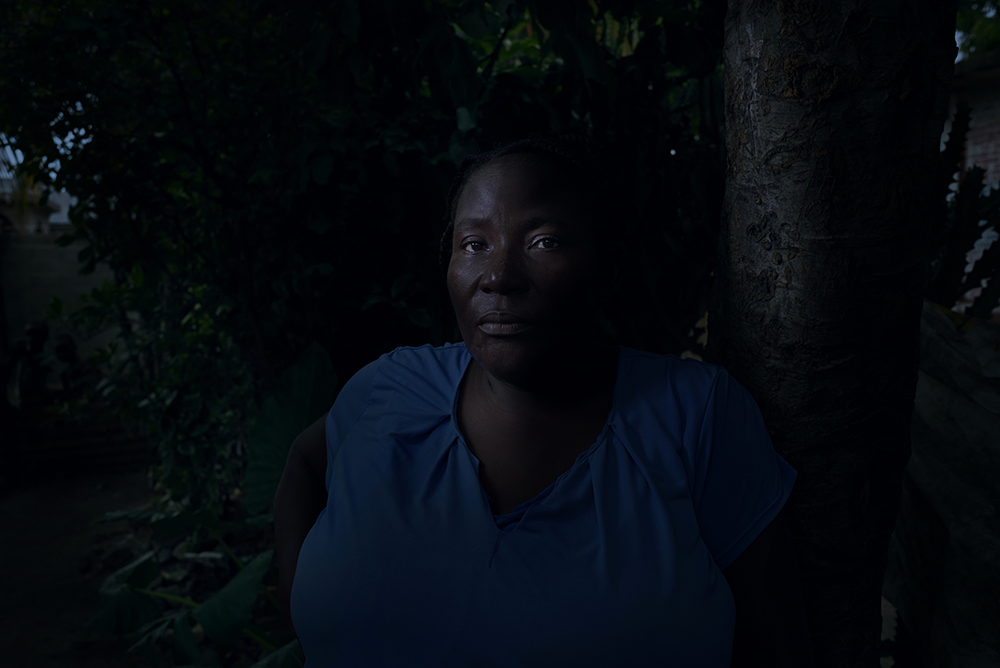
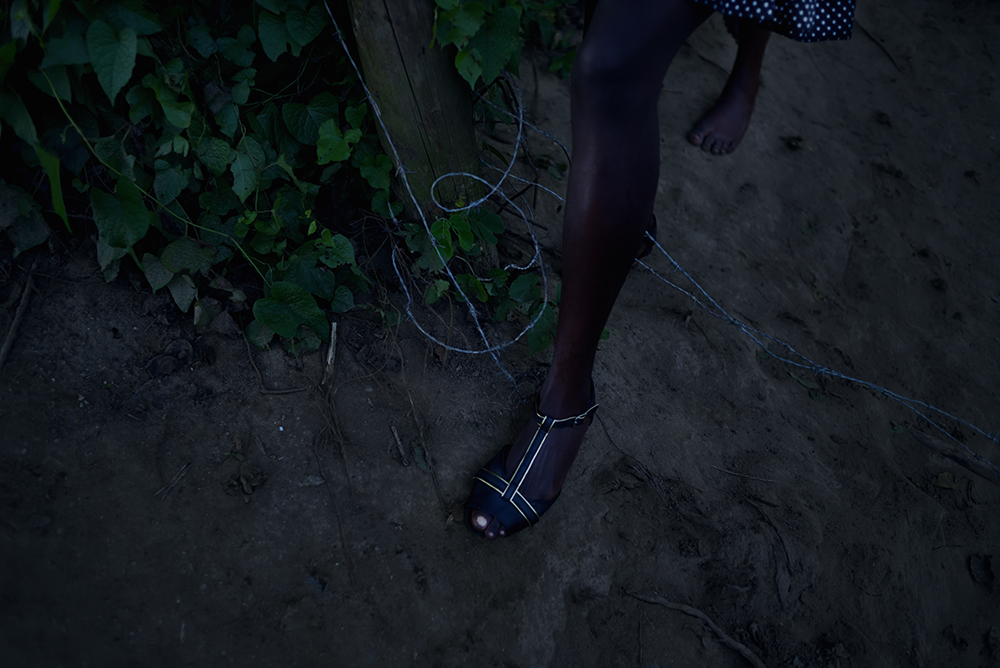
A group of girls bypassing the bland barbed wire that marks the border between Haiti and Dominican Republic, along the river Massacre embankments, to avoid the checkpoint. Although illegal, this solution is adopted by hundreds of Haitians twice a week during the opening of the Haitian/Dominican border market, under the gaze of conniving guards.
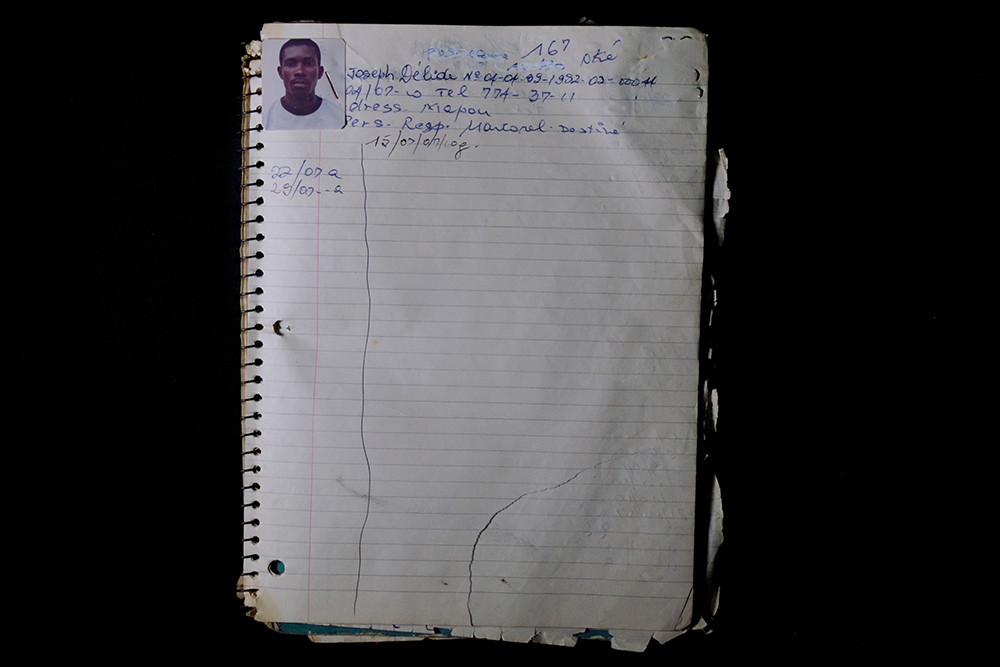
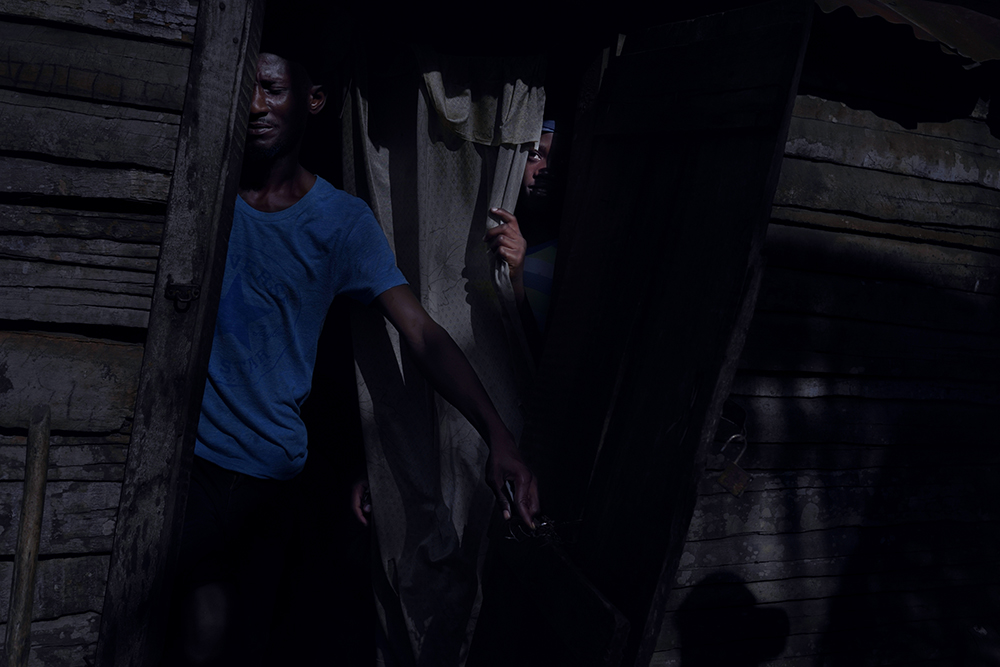
A haitian family hosted in Vllage des Oliviers during a visit of OTHR volunteers.
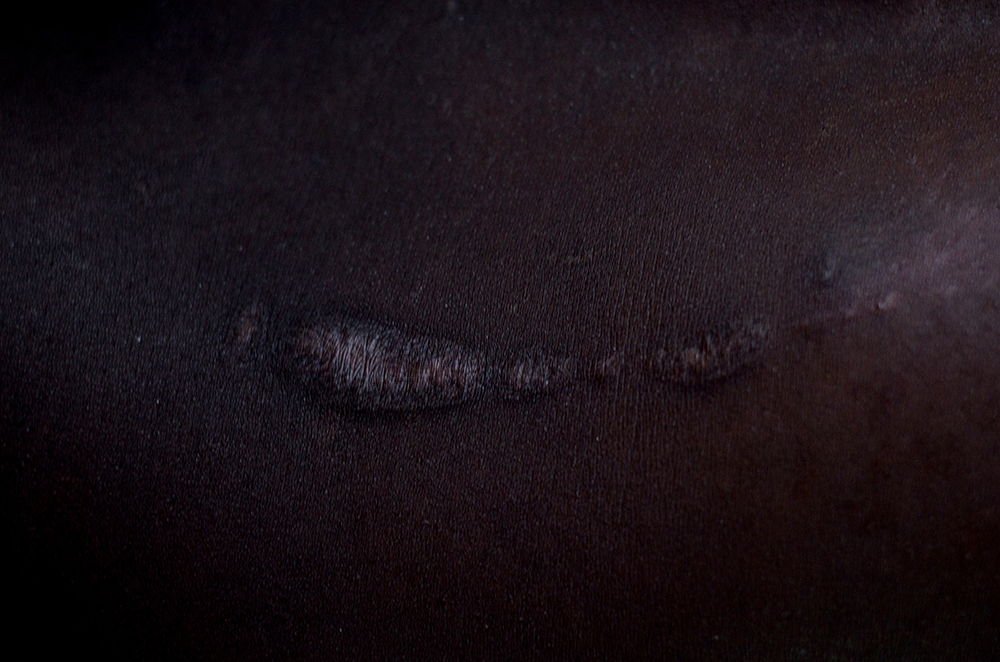
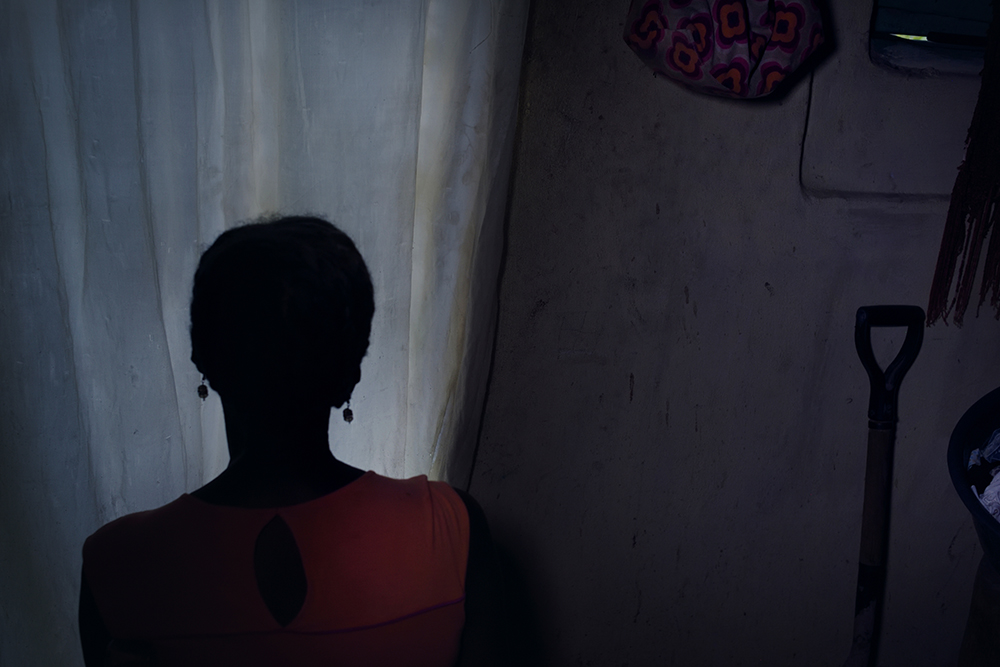
Marilia is a widow living in Village des Oliviers with her 5 children and grandchildren. She used to harvest tomatoes in Dominican Republic, while her husband worked there as a sugar cane cutter. She moved back to Haiti on January 21012 with her husband, already ill, as ill-treatment against Haitians were no longer bearable and they were afraid that something would happen to them.


